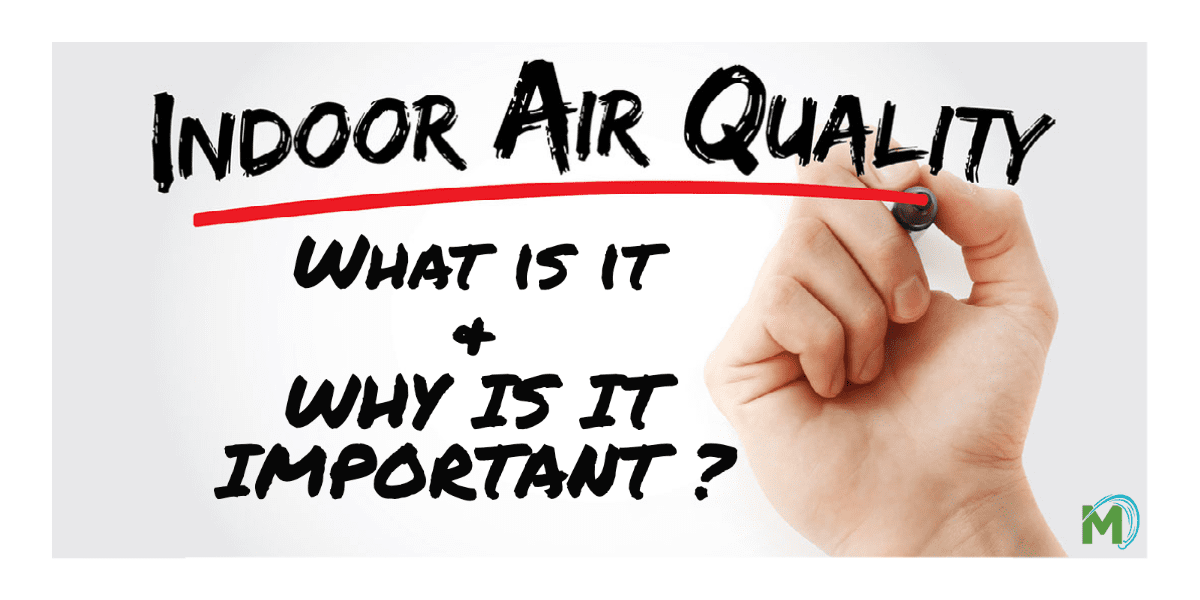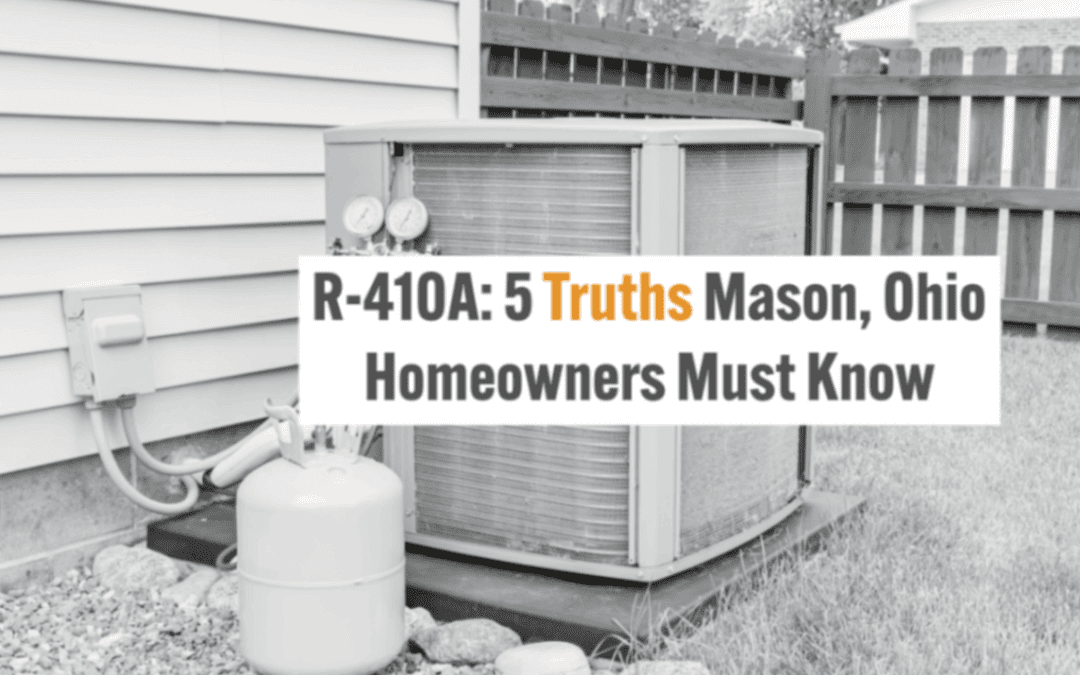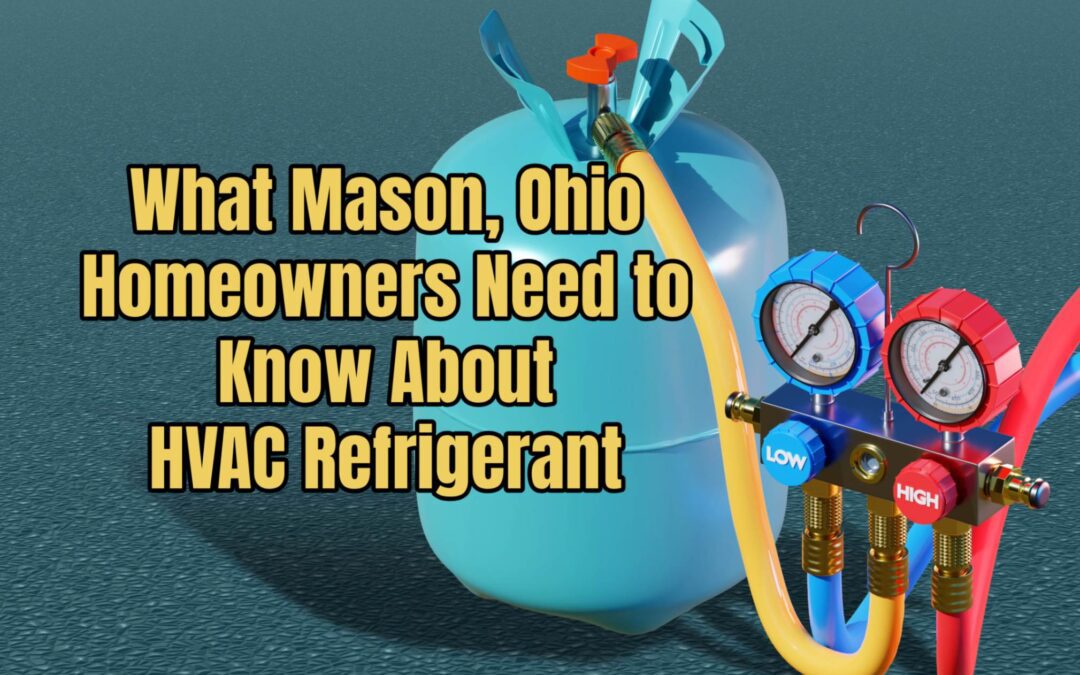With the arrival of spring, many people who have allergy symptoms tend to stay indoors in the hopes of lessening their symptoms and escaping the pollen and outdoor pollution. But did you know that indoor pollution is usually five times more polluted than outdoor pollution? For this reason, indoor air quality, also known as IAQ, is such an essential topic. The Environmental Protection Agency has stated that indoor air quality has been linked to health issues such as asthma, respiratory conditions, and heart problems. In addition, it is common for health effects to show up in younger children or the elderly. Join your folks at Mason Heating & Air as we comb through the nitty-gritty details of indoor air quality, its side effects, and how to give your home that little extra boost of IAQ in your home.
What are Some Common Pollutant Sources of IAQ?
You should be aware of the most common household pollutants. These include but are not limited to:
- Second-hand smoke
- Building material such as asbestos
- Radon
- Nitrogen dioxide
- Lead particles
- Mold or mildew
Pollutant sources can be both natural and manufactured. Remember that while one pollutant may affect a specific individual in your household, it may not affect another. Therefore, it is important to stay vigilant, pinpoint the irritant, and remove or adjust accordingly.
What Are Some Ways You Can Improve IAQ?
Depending on your need for the air quality issue you are experiencing, there are different solutions you can consider utilizing.
- How Will a Humidifier Improve IAQ?
Possible side effects of dry air are chapped lips, dry skin, nose bleeds, and sleeping and/or breathing issues. This problem frequently occurs in wintertime when moisture is sucked out of the air. If you want to combat these uncomfortable side effects, try using a humidifier in the home. It will raise the moisture levels in your home and provide much-needed relief.
- How Will a Dehumidifier Improve IAQ?
A dehumidifier is a fantastic option if you deal with the opposite issue and have excessive moisture in your home. Professionals say that the level of humidity in your home should be between 30%-50%. If you feel that your humidity levels are too high, a dehumidifier is a perfect solution.
- How Does the iWave-R Improve IAQ?
Perhaps you are considering investing in a whole-home air purification system. If so, we highly suggest the iWave-R. The iWave-R is a purification system that works with your current HVAC setup. It functions by replicating nature’s way of filtering air through the use of negative and positive ions. For people with allergies, asthma, and other respiratory problems, this is an excellent idea to mull over. If this sounds like an ideal option for you, give us a call! We’d be glad to discuss any questions or concerns with you!
- How Do HVAC Air Filters Improve IAQ?
Industry standards say that your HVAC air filters need to be changed every 1-2 months. If this is not something you have been practicing already, you may want to consider doing so to boost your home’s IAQ. The air filter’s job is to catch and hold any loose dust particles and allergens loitering in the air. Therefore, an overloaded furnace will not only hinder the air quality in your home by recirculating the dirty filter’s dust particles throughout your home, but it will also place extra strain on your HVAC system. Unfortunately, when this happens, it lowers the lifespan of your HVAC unit. The good news is you can avoid this issue altogether by simply replacing the filters with a fresh one as recommended.
- How Does a Smart Thermostat Improve IAQ?
Smart thermostats have grown more and more popular over the past several years. Due to their affordability and their energy efficiency features, many homeowners have opted to upgrade their thermostats. If you already have one installed in your home, you might be familiar with the IAQ feature. This feature works by its ability to frequently measure the air quality within the home. When it picks up a poor reading, it then signals the HVAC systems which causes the fan to be turned on automatically. This process leads the bad air to be redirected to the return ducts. The fresh air is then circulated throughout the house freely. If you don’t already have a smart thermostat installed and would like to discuss further options, we would be more than happy to answer any questions!
As you continue to consider all your options and work toward improving the air quality inside your home, you may have some questions or concerns arise. Your Mason Heating & Air local service professionals are here to be of service to you! We would feel honored to team up with you and tackle this issue. Our customers are our top priority. Where safety and your well-being are concerned, you can count on us. Call (513) 496-2477, or schedule an appointment online now by clicking here!







